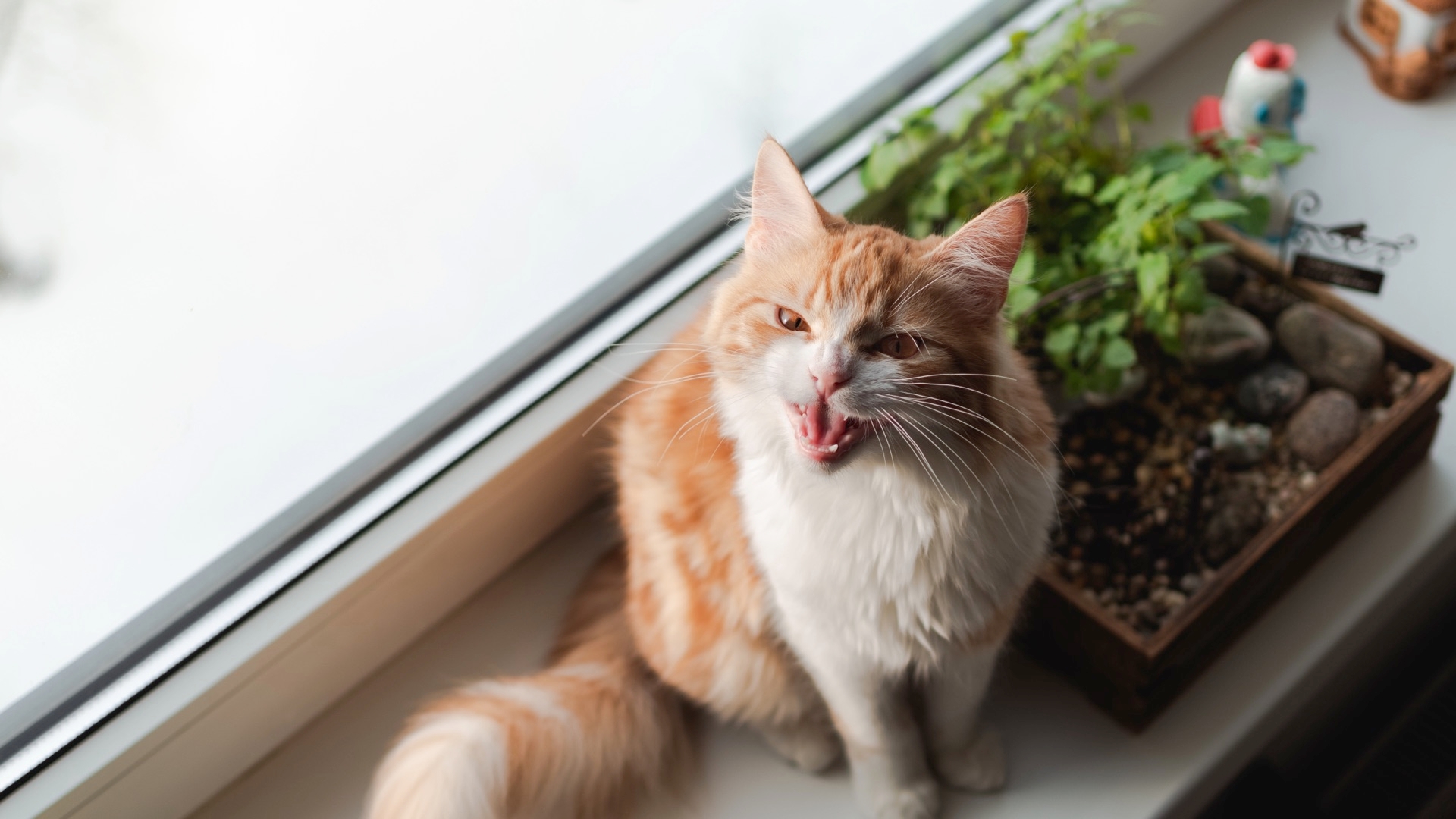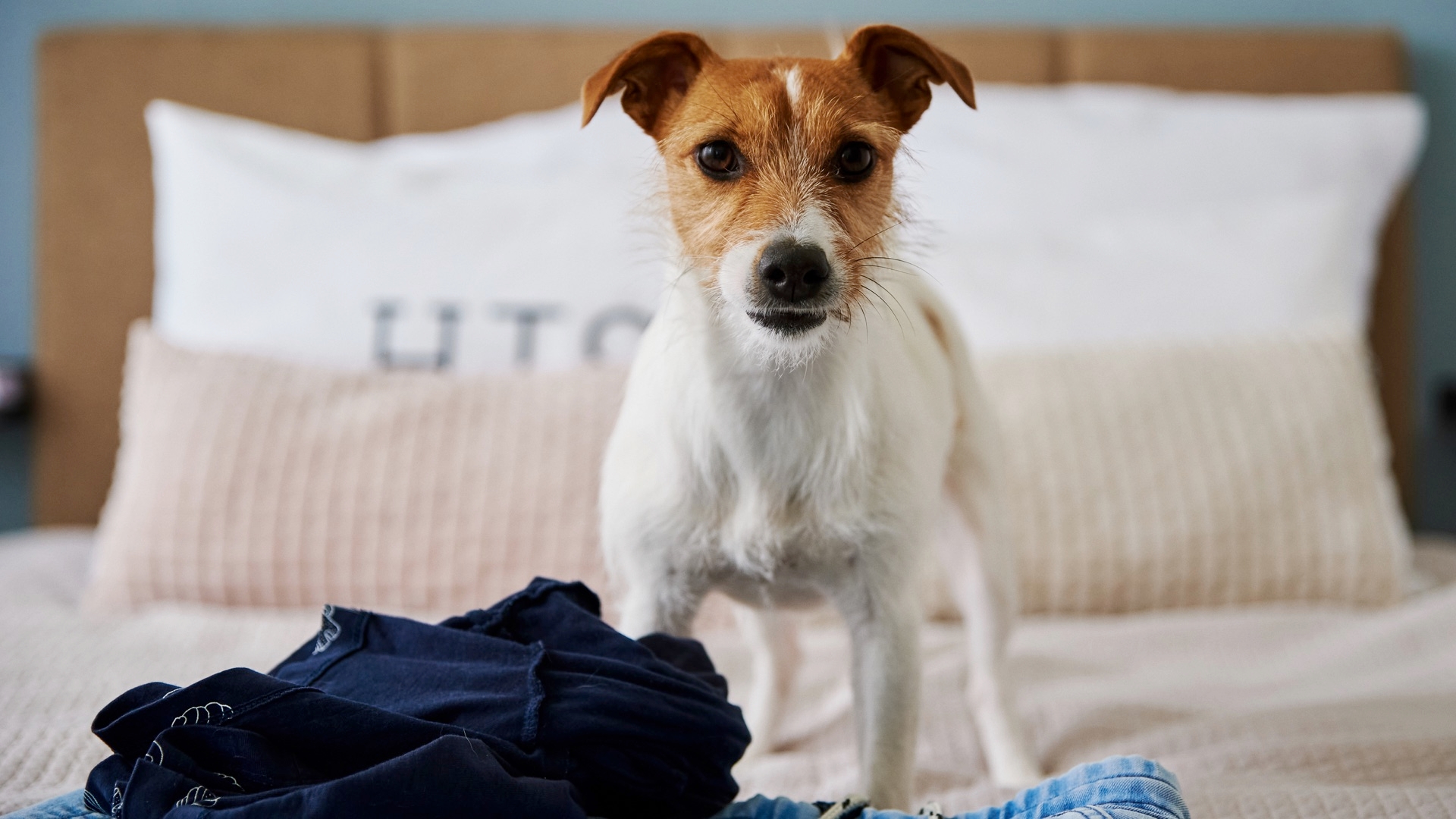

Guest Author:
For more of my original articles, please visit my Pet Articles blog.
Categories:
Guest Author has categorized their posts with the following categories: COVID-19, Cats, Dog Training, Dogs, and Pets.
Tags:
Guest Author has tagged posts with the following tags: animal, animal behavior, body language, cat, cat body language, cat training, chewing, communication, coronavirus, covid-19, dog, dog behaviorist, dog body language, dog training, feline, fix, negative behavior, neuter, pet health, pet training, pets, responsible pet ownership, senior cat, spay, and training.
Their most common tags are: cat, feline, body language, cat body language, and communication.
Blog Posts:

Waving a magic wand won't produce a terrific dog. A well-behaved dog is a product of genetics, training, and loving home. If you are having issues with your dog's behavior, maybe you should consult with a dog behaviorist. Do you know what a dog behaviorist is? And did you know that there is a difference between a dog trainer and a dog behaviorist?
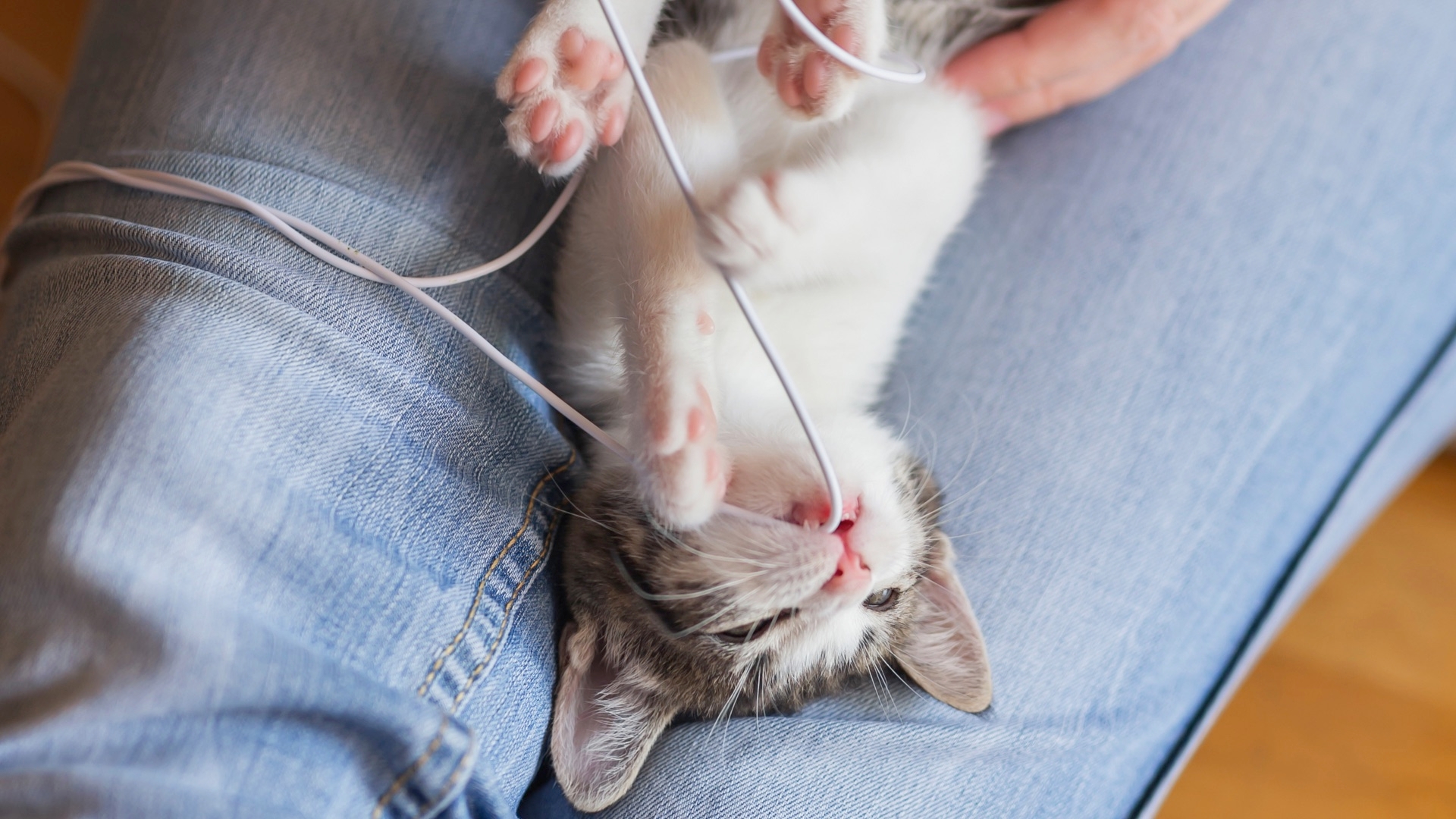
There are medical as well as behavioral reasons why cats chew, lick, or eat non-food objects. A kitten, just like a baby, will take everything into her mouth just out of curiosity. It is thought, though not scientifically proven, that an adult cat who persists on chewing and eating a non-food item may be lacking certain nutrients in her diet.

Behavior is the way an animal acts. An animal's action or response to a stimulus is a behavior. Walking, swimming, flying, eating, blinking, and breathing are all examples of behavior. Animals behave in specific ways for four primary reasons. Animal behaviors are primarily strategies for survival. Animal training is the act of teaching animals specific responses to specific conditions or stimuli.
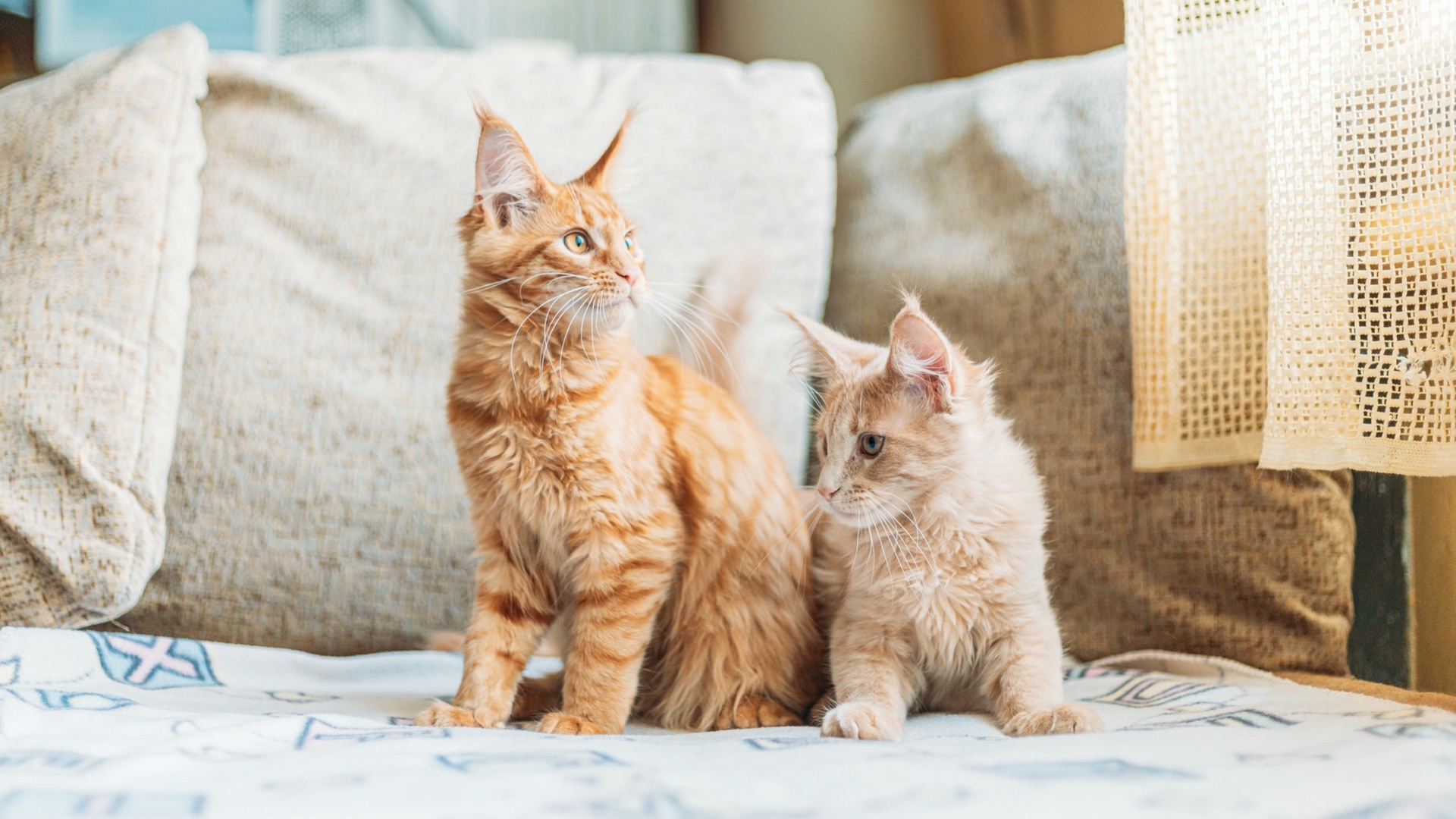
Cats are intelligent, sensitive animals who are completely dependent on their human caregivers. These qualities make them very trainable. In fact, cats have been trained to do certain "tricks" in television commercials and movies. Cats are trained to help the hearing impaired by responding to smoke alarms, doorbells, and telephones. I know of a blind person who is using a cat as a guide in her home. The cat meows a warning just before the person is about to bump into something. Cats can even be taught to use the toilet. Now, if we could only get them to flush it!
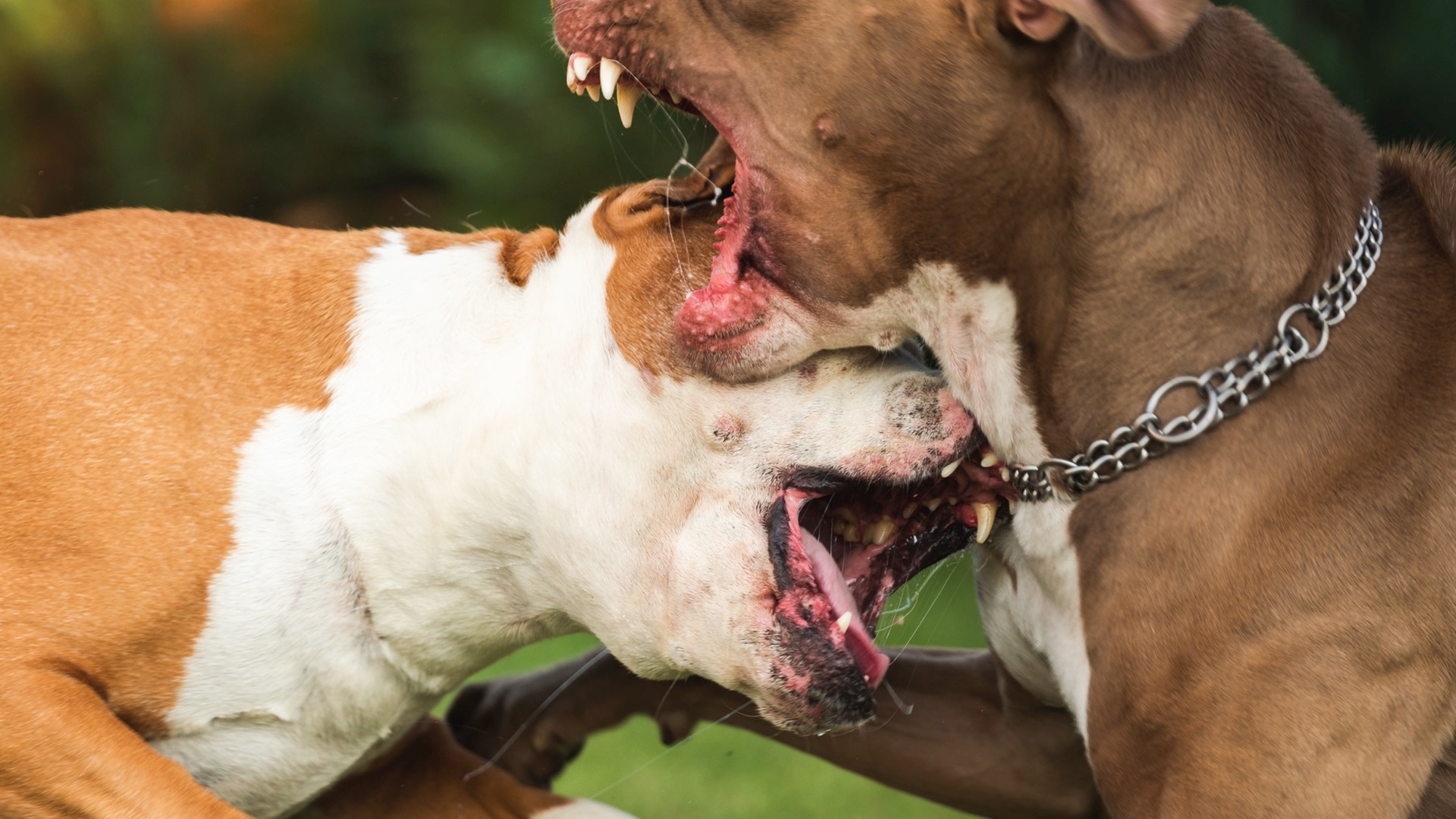
Actions such as "alpha rolls" and "scruff shakes" have no basis when studying wolf or dog behavior. They only lead to creating unnecessary fear on our dog's part toward us, fear that ultimately can lead to aggression because the frightened dog knows of no other way to protect itself other than using its teeth.

There is no evidence to suggest that pets are significant contributors to COVID-19 transmission. The risk of a pet transmitting the virus to their caregiver is considered very low. However you should make plans for your pets in case you get COVID-19 and can no longer take care of them. This is especially important if you are not vaccinated against COVID-19.
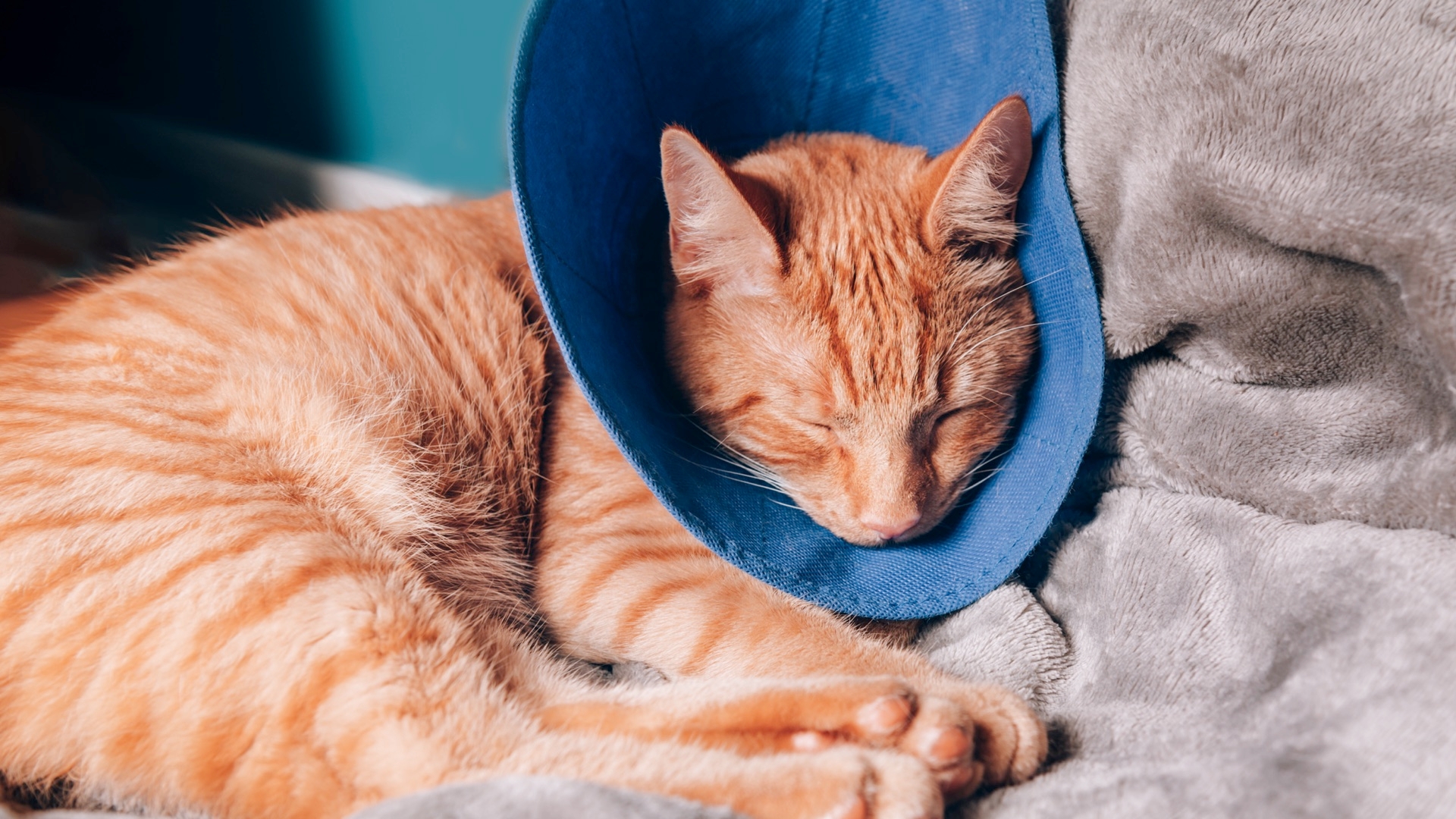
Since neutering requires surgery, it is emotionally traumatic. Handled properly, your cat will recover quickly. Let us first dispel the myths surrounding the neutering of cats. Cats do not get fat and lazy after being neutered. They get that way because of overeating and lack of exercise. Cats do not become more satisfactory pets after they have had sexual intercourse, had their first heat, or given birth to a litter of kittens.

